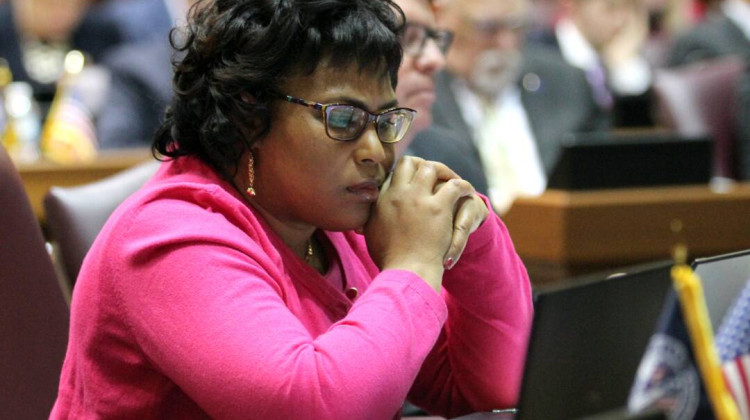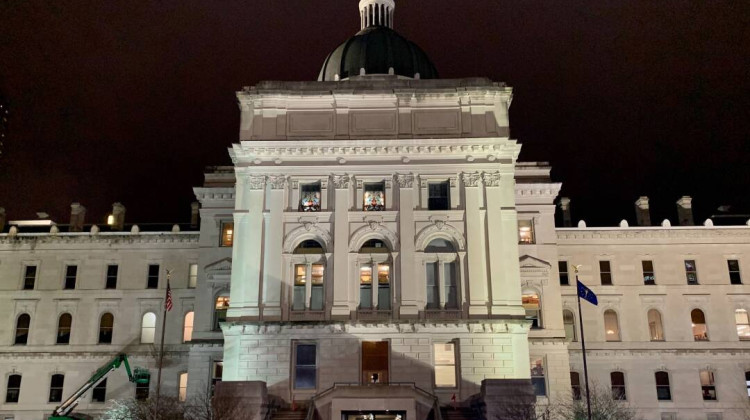
Temporary Assistance for Needy Families, commonly abbreviated to TANF, gives direct cash assistance to eligible people with income well below the federal poverty rate.
Justin Hicks/IPB NewsThe Senate appropriations committee revived a plan to gradually increase the number of low-income families eligible for financial assistance. It was the subject of a bipartisan vote to amend House Bill 1009 on Temporary Assistance for Needy Families, or TANF.
TANF is a program where the federal government gives states money to help extremely low-income families. However, states get to make the rules on who is eligible. Due to Indiana’s rules, TANF reaches the fewest impoverished families and gives the least cash assistance in the Midwest.
Jessica Fraser of the Indiana Institute for Working Families says Indiana’s TANF laws are in dire need of an update. Eligibility rules haven’t changed since the 1980s. She was pleasantly surprised to see the new amendment after a similar bill died.
“Income matters to families and that is why we’ve been pushing this for so long," she said. “So I was just over the moon to see that go back in.”
READ MORE: How Do I Follow Indiana's Legislative Session? Here's Your Guide To Demystify The Process
Join the conversation and sign up for the Indiana Two-Way. Text "Indiana" to 73224. Your comments and questions in response to our weekly text help us find the answers you need on COVID-19 and other statewide issues.
The original bill would waive $15,000 of income earned in a paid job training program towards eligibility for cash assistance. As amended, it would make Hoosiers making 50 percent or less of the federal poverty level eligible for TANF, up from a flat rate that’s currently about 13 percent. The change would take effect gradually over the next three years. It would also increase the maximum assistance amount families could receive.
For the amended bill to become law, it must eventually go back to the House for its approval.
Contact reporter Justin at jhicks@wvpe.org or follow him on Twitter at @Hicks_JustinM.
 DONATE
DONATE








 Support WFYI. We can't do it without you.
Support WFYI. We can't do it without you.